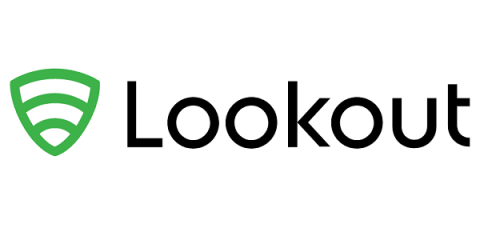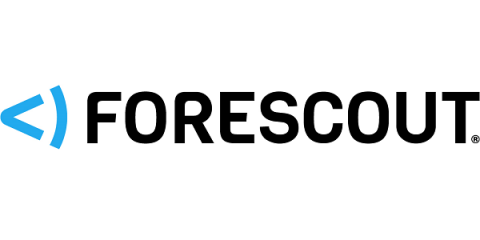The U.S. Department of Justice Announces Takedown of the Cyclops Blink Botnet
Today, the U.S. Department of Justice (DOJ) announced further actions to disrupt Cyclops Blink, a sophisticated state-sponsored botnet that affected network devices from multiple vendors, including a limited number (less than 1%) of WatchGuard firewall appliances.











